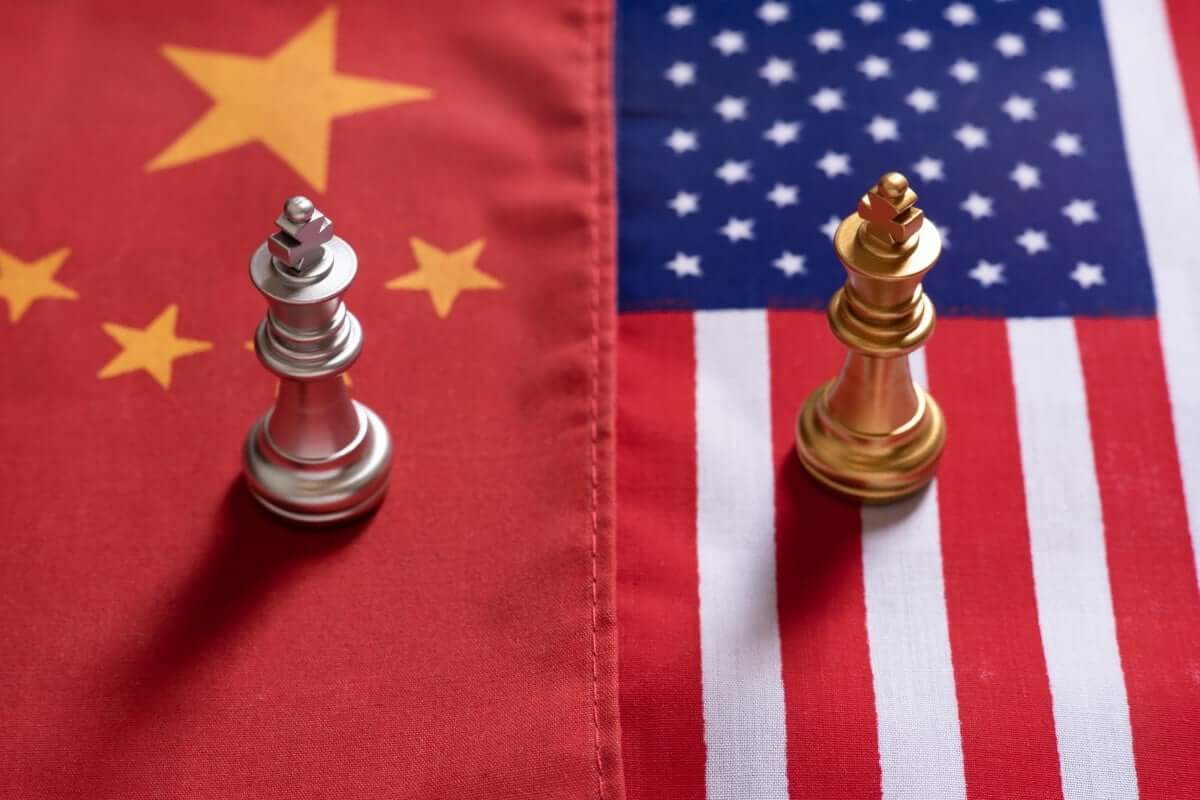
Breaking News: Biden’s Bold Move Ensures Crucial U.S.-China Tech Trade Pact Thrives!
In a game-changing move, the Biden administration has extended the crucial U.S.-China Science and Technology Cooperation Agreement (STA), signaling a strategic stand against escalating tensions in tech trade. This landmark accord, dating back to 1979, has been a cornerstone of scientific collaboration between the two global giants. It also laid the groundwork for a spectrum of cooperative ventures, from environmental studies to healthcare advancements.
Safeguarding Collaboration Amidst Tensions
In the face of mounting pressure from Republican legislators, the Biden administration’s decision to secure a six-month extension to the STA comes as a calculated maneuver. Furthermore, this tactical approach creates a window of opportunity for negotiation. It also allows room to enhance the agreement’s provisions, including bolstered intellectual property safeguards. China has expressed its commitment to the continuation of the pact, as well, underscoring its symbolic value for tech sales.
Balancing Intense Discussions for a Stronger Future
John Holdren, a prominent voice in science and technology policy with a strong tech background, explains that the primary objective behind this short-term extension. According to him, the U.S. government aims to initiate robust deliberations with Chinese counterparts. The intention is to identify areas of mutual agreement that can fortify the existing pact. In addition, that will contribute to smoother trade tech interactions. By navigating this route, the administration aims to maintain the collaborative foundation and avert its expiry, which could disrupt an array of vital interactions.
Stakes Are High: Collateral Damage Averted
Allowing the STA to lapse would be a detrimental blow to ongoing U.S.-China scientific cooperation. This would also exacerbate the friction in bilateral relations and potentially impeding American technological advancements and China tech stocks. The backdrop of strained ties has already rippled into academia, affecting university partnerships and curbing the free exchange of knowledge. This confluence of factors has even prompted a growing number of Chinese researchers to explore opportunities beyond U.S. borders.

Ripple Effects and the Power of Frameworks
The collapse of the STA could reverberate throughout scientific communities, casting a shadow on collaborative pursuits between the two nations. Meanwhile, the mere existence of this agreement grants an implicit approval. It encourages institutions and individuals to engage in cooperative efforts, and also fosters an environment of vibrant tech trade. Without this guiding framework, there’s a risk that fruitful interactions might be overshadowed by political uncertainties.
A Balance of Pluses and Minuses
Experts like Graham Webster argue that completely severing ties would be a shortsighted approach. This assertion reflects the undeniable benefits of U.S.-China scientific collaborations. While acknowledging the need for certain restrictions, it’s crucial to recognize that partnerships in science and technology come with a spectrum of advantages, emphasizing the need for nuanced decision-making for healthy trade tech relationships.
An Integral Part of U.S.-China Relations
The U.S.-China STA stands as a cornerstone of their diplomatic history, representing the first bilateral agreement post their diplomatic normalization. Throughout its existence, the pact has evolved, adapted, and transcended political shifts. This agreement plays a foundational role in nurturing cross-border scientific and technological exchanges, fostering a climate of productive tech trade.
In a landscape marked by complex global dynamics, the extension of the U.S.-China STA proves to be a pivotal move for tech trade. By navigating the currents of change, the Biden administration seeks to preserve and elevate scientific collaboration, affirming that even amidst challenges, the spirit of cooperation remains unyielding, sustaining the vitality of international tech trade relations.




